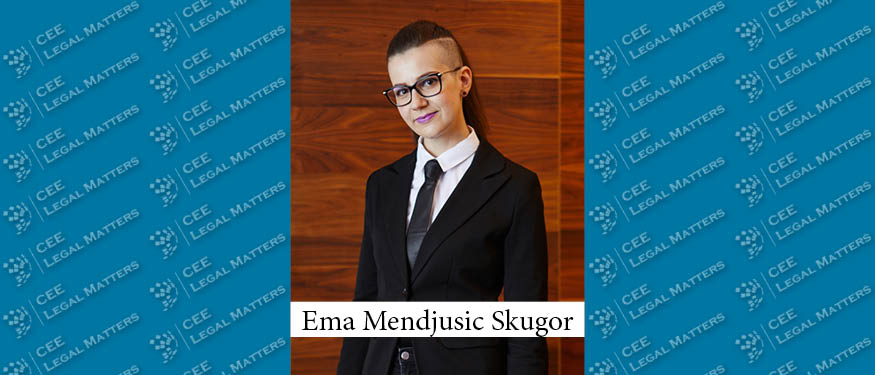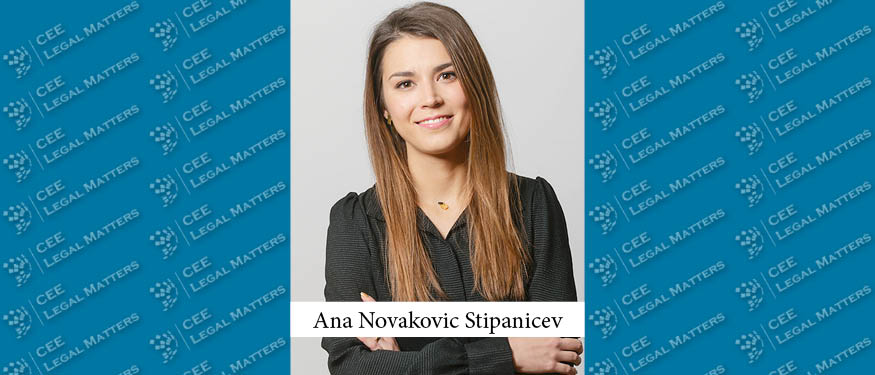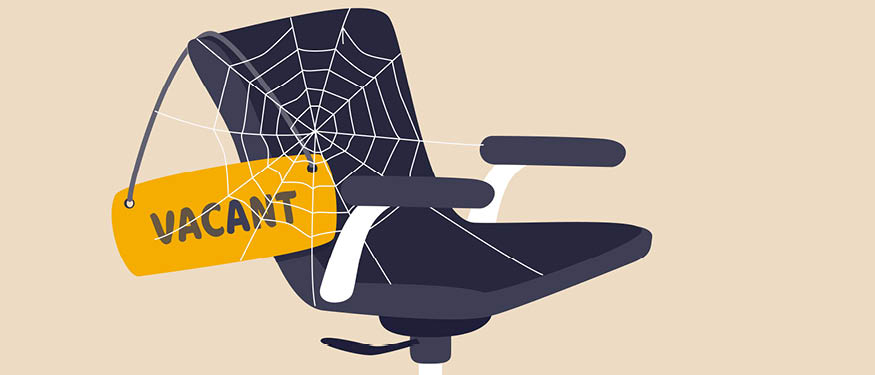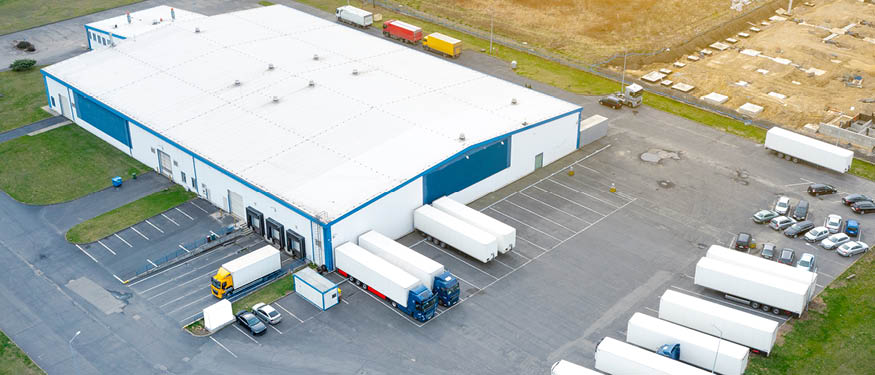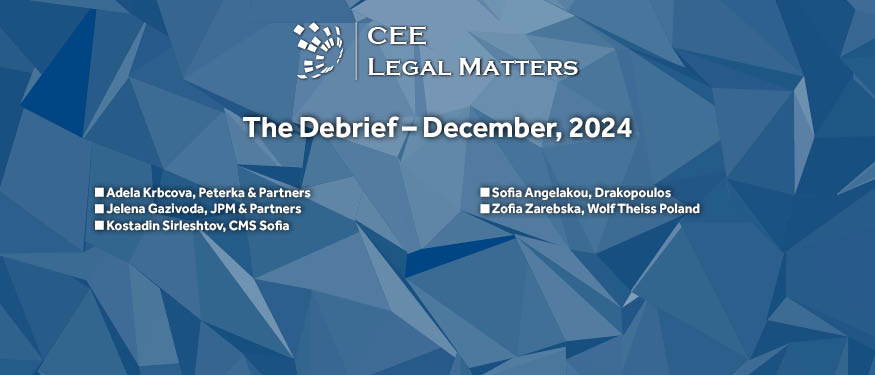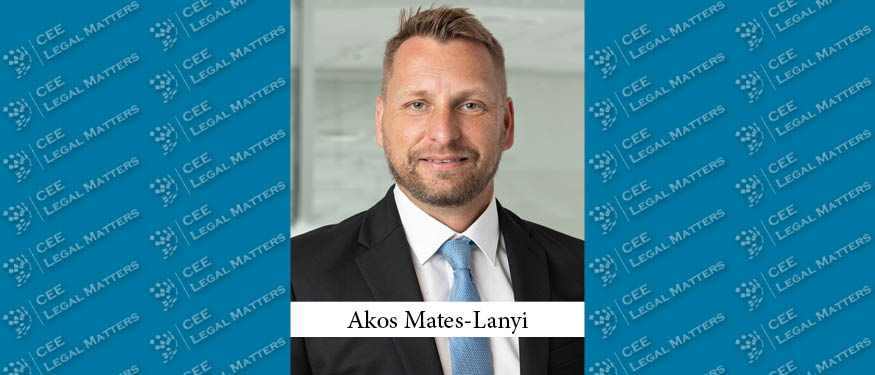Legal markets, much like other markets, are susceptible to global tendencies and changes shaping the industry. CEELM sat down with Divjak Topic Bahtijarevic & Krka Partner Ema Mendjusic Skugor to discuss the Croatian legal market and its growing pains in keeping up with global trends.
CEELM: Please give us a broad overview of the Croatian legal market.
Mendjusic Skugor: The legal market in Croatia has traditionally been small and rather closed – there are still formal obstacles to the entry of foreign law firms. Therefore, we have a certain lag in the industry when it comes to picking up trends. However, over the few last years, the number of corporate law firms has been growing steadily. Due to this growth, which has generated a stronger need to communicate with corporate clients, we started talking about lawyers being service providers and business consultants. This stands in strong contradiction to the traditionally perceived role of lawyers being in charge of fixed tasks only, such as representing clients before courts.
CEELM: How are external factors shaping the Croatian legal market?
Mendjusic Skugor: One of the factors influencing the change that we are seeing now is that we started listening to European and global trends and movements more. For example, the increased use of technology has become a part of our everyday business, as a way to not only connect to each other but also to share work and ideas, as well as to cooperate on new, different levels. The tale about the digitalization of legal has begun sweeping into our professional discussions with clients. For instance, what could be done to streamline the processes for all? Some other areas, such as legal design and legal project management have also become hot topics. In the past, we were not talking about the user and customer experience enough, as it happens in other industries and businesses. Overall, there is a greater tendency towards output-based service providing and output-based fees.
CEELM: How is Croatian legal education keeping up with the changing trends in the world?
Mendjusic Skugor: These days, there is more discussion about the setup of the Croatian legal education system and whether we are preparing the new generation of lawyers for what corporate law will look like. This is positive, since I think we are not up to date with the current trends. Despite numerous research reports suggesting otherwise, we are still preparing students to be legalists – as if they were going to be individual lawyers serving individual clients. We don’t teach them how to collaborate in legal teams or how to deliver meaningful, business-oriented advice to their clients. We also don’t teach them to understand and use the rising influence of technology on their daily work.
Enrollment in law schools dropped by about 50% since I graduated – probably, in younger generations’ eyes, a legal career seems old school and unappealing. But perhaps this is also due to the mismatch between what students are taught in law school and what happens in practice. The legal education system and providers need to get on board with the changes in the legal industry.
What’s more, the newer generation is a lot more focused on work-life balance and mental well-being, in addition to the package that we were focused on as a generation, which included working hard and being well rewarded for that work. The “big leave” in the wake of the COVID-19 pandemic is also happening in Croatia. To change this trend, law firms need to work on their employer branding and communicate expectations and realities with the employee market.
CEELM: What are the key improvements that are already noticeable in the local legal market?
Mendjusic Skugor: Lately there has been a number of positive changes, not only in law firms but also in corporate legal teams. We are seeing a lot of innovation in practices being implemented in the field and see how they’re impacting the daily work of our colleagues in legal departments.
In the past, a lot of our corporate clients consistently pointed out that they had issues with communicating their legal departments’ needs to management – legal was perceived as a cost center, not generating revenue or value. This might look true on the surface but, if you think about it, legal generates huge value by managing risks and thus avoiding future costs. A lot of practitioners are now working hard to reverse that surface-level perception – primarily by continuously improving communication between legal and other functions.
Also, the role itself is becoming more and more diverse. What was once a department filled purely with legal experts is now becoming a truly multidisciplinary function. Perhaps the best current example is that we recently had the first legal operations manager appointed in Croatia.
CEELM: What can lawyers do to help adjust these trends to the local situation and make the best of it?
Mendjusic Skugor: It is definitely the right time to start addressing the topic, as there is a need for a paradigm shift when it comes to law students and graduates, law firms, and legal departments. And, on top of that, there is an interplay between those players, and each of them is influenced by the general trends.
We need to realize and make peace with the fact that the situation and the market have changed. Our role has similarly become different – we are no longer passive spectators. We can and should all be proactive in assuming a role to make changes. We should participate in implementing the recent trends and practices into our local realities. For that, we need to initiate and foster more professional dialogue between law firms on the market and, later, with our clients and universities as well.
Some time ago, I did an introductory lecture on legal-as-a-business, and the feedback from the audience was immensely positive. They asked for more opportunities to have an open and constructive dialogue about this. Which is a good step forward. In general, we should also embrace the fact that, normally, a change that is transformative also tends to be disruptive. Therefore, it’s likely not going to be a pleasant process for everyone – but as long as we’ll be happy with the results, it’s well worth it.
This article was originally published in Issue 9.11 of the CEE Legal Matters Magazine. If you would like to receive a hard copy of the magazine, you can subscribe here.

